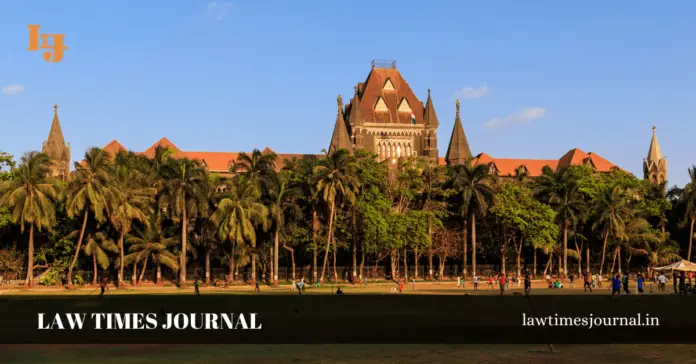
The way wherein the defence carried out a cross-examination of a rape victim with the aid of giving photograph information of the act beneath the clothing of giving suggestions, recently drew the attention of the Bombay High Court (Ranjeet Shahaji Gade & Anr. v. State of Maharashtra).
A Bench of Justices Sadhana S Jadhav and SV Kotwal located that line of questions placed to the sufferer can infrequently be known as appropriate cross-examination.
“Under the garb of giving suggestions, graphic details of the act were put to the witness,” the Court stated in disapproval.
Pertinently, the Bench expressed its unhappiness on the trial decision “passive approach” in permitting such questions.
The Court stated that the victim changed was sobbing at one factor at some point of the cross-examination and that incident while the trial decided need to have intervened and stopped the approach of cross-examination.
The bench expressed its view saying, “We are more pained because of the passive approach adopted by the learned Judge in allowing these questions. These suggestions crossed all lines of basic dignity”.
The High Court noted Section 152 of the Indian Evidence Act, to emphasize that the trial courtroom docket changed into an obligation to forbid any questions which seemed to be insulting or annoying.
The Bench underscored that it changed into the obligation of the trial to inform the witness now no longer to reply to questions which may also appear mistaken or lead to an imputation in opposition to the witness’ character.
The Court additionally expressed its displeasure on the Special Public Prosecutor for having no longer objected to the suggestions.
However, such statements aside, the Bench lauded the honest efforts taken with the aid of using the trial courtroom docket to behave and finish the trial.
The factual matrix in the First Information Report came about in April 2010 while the sufferer changed into kidnapped with the aid of the 3 accused, Ranjeet Gade, Ganesh Kamble, and Subhash Bhosale who raped her.
Police, having the missing report, found her near her house. The officials then took her for a medical examination. They also recorded her statements and registered the offense of rape in opposition to the 3 accused.
During the trial, the prosecution tested 24 witnesses, even as the defense of the accused endured to be of denial.
Bhosale contended that the act between him and the victim was consensual while others had been falsely implicated.
He said that due to the fact the police had a grudge in opposition to him, although the victim didn’t want to file an FIR, instead the officials compelled her to do so.
The appellants had been convicted for offenses under Section 376(2)(g) (rape at some point of communal violence), 506 (criminal intimidation), 366 (abduction), and 342 (wrongful confinement) of the Indian Penal Code (IPC) with the aid of using the Pune Sessions Court.








